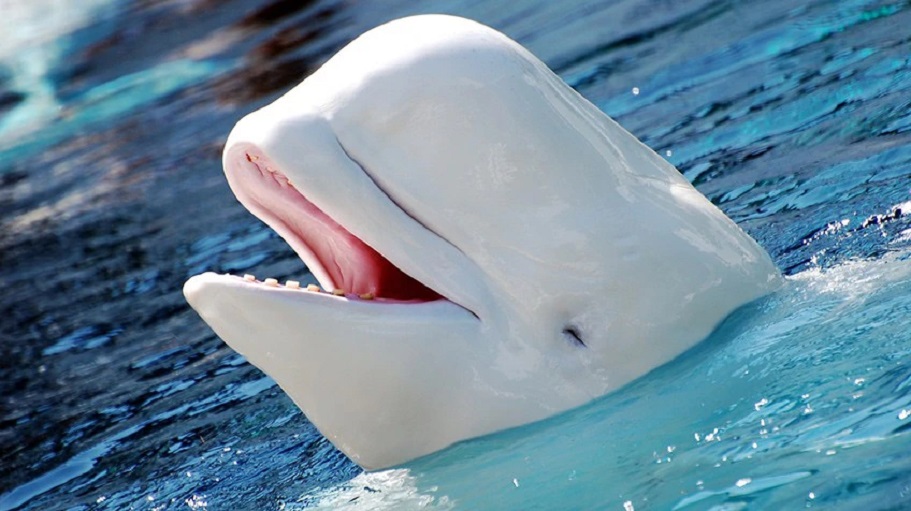Beluga Whales
Beluga Whales are one of the 6 animals I researched that are struggling due to climate change. The most genuine effects of environmental change on Belugas may not come from the impacts of climate conditions, but instead in a roundabout way from the job that earth warming and diminished ocean ice play in changing human activities. Broad ice spread and extraordinary winter conditions (counting both darkness and incredible cold) have constantly restricted human expeditions in the Arctic, and numerous locales are difficult to reach with ships and other vessels. As Arctic ice spread decays and the entries between northern landmasses become progressively dangerous, people will increase simpler access to in the past unblemished territories that have since quite a while ago filled in as shelters for Belugas. The quantity of vessels cruising through the Arctic for gas and oil investigation/extraction, business shipping (for both transportation and the travel industry), and fishing has just expanded. Further decreases in ocean ice are probably going to quicken this pattern in the coming decades. With the expansion in said traffic, ship strikes are going to turn into an undeniably huge reason for Beluga's harm and death. Belugas distinguish and react to the nearness of icebreaking ships over significant stretches (up to 50 km). Mechanical commotion, for instance from ships, seismic activities and seaward boring likely disturb Beluga's behaviour and may debilitate their capacity to communicate, scavenge well and generally sense their condition. Said commotions are as of now continuous or arranged in numerous territories used by huge populations of Belugas, including the Beaufort and Chukchi seas, West Greenland and Hudson Bay.
